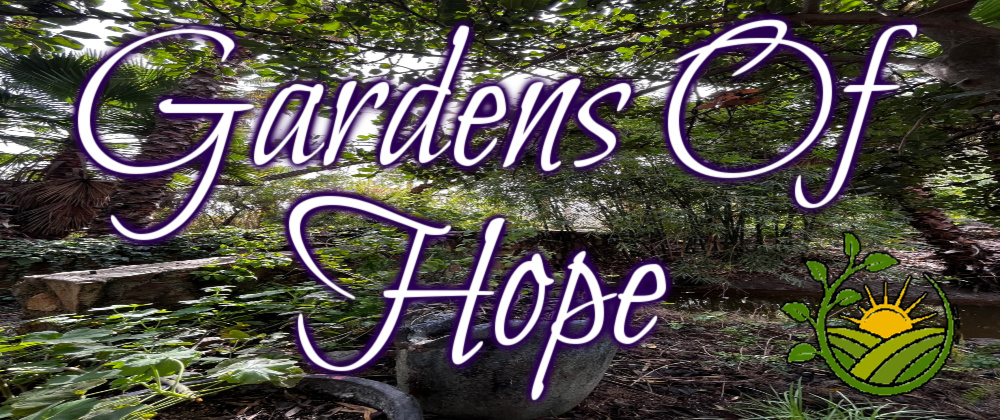Abstract
Cannabidiol (CBD) has arisen as a promising therapeutic option for children with drug-resistant epilepsy (DRE). CBD has received regulatory nod from different regulatory authorities in the United States, Europe, and India for children with DRE particularly, Dravet syndrome (DS), Lennox Gastaut syndrome (LGS), and Tuberous sclerosis complex (TSC). Recent clinical trials and observational studies highlight the potential of CBD to lower seizure frequency and provide better quality of life in children affected by these disorders. The safety profile is generally favorable with minor common adverse events such as somnolence, diarrhea, and gastrointestinal issues. Furthermore, the expense associated with CBD remains a notable concern, especially in low- and middle-income countries such as India, where access to this promising treatment may be constrained. This draws attention to the cost-effective perspective of CBD. This review aims to explore the pharmacological properties of CBD, its mechanisms of action, and the clinical evidence supporting its use in various pediatric epilepsies, including LGS, DS, and TSC. Additionally, this review sheds light on the current regulatory landscape in India where CBD use is still in its nascent stages, and discusses the challenges and opportunities for integrating CBD into clinical practice.
Keywords: Cannabidiol, Cannabis, Dravet Syndrome, Drug-resistant Epilepsy, Epilepsy, Lennox Gastaut Syndrome, Tuberous Sclerosis Complex
© 2024. The Author(s), under exclusive licence to Dr. K C Chaudhuri Foundation.
Conflict of interest statement
Declarations. Conflict of Interest: None.
References
-
- Kumar G. Evaluation and management of drug resistant epilepsy in children. Curr Probl Pediatr Adolesc Health Care. 2021;51:101035. – PubMed


